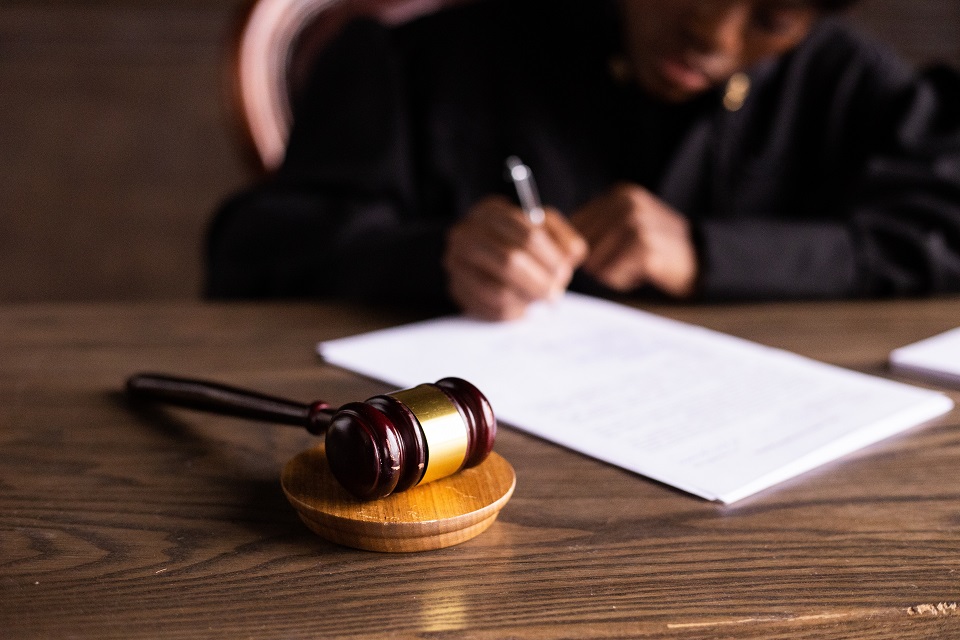A criminal lawyer specializes in the practice of law and defends individuals who are accused of a crime. This demanding career requires critical thinking, interpersonal skills, and the ability to work in sensitive situations. A lawyer can specialize in civil or criminal law, but to become a defense attorney, they must pass the bar exam.
Table of Contents
Criminal Lawyers
A criminal lawyer specializes in representing individuals accused of crimes. A good criminal attorney will investigate the case and research facts. They will also offer legal advice to the accused and try to convince the prosecution to drop charges. They can also advise the accused on what to say so they don’t incriminate themselves. Under the Fifth Amendment and “Miranda Rights,” an accused person has the right to a lawyer at all times, including during questioning by authorities. Criminal defense attorneys will explain the charges against you and help you understand the penalties if you are found guilty. They will also give you realistic pictures of what to expect from the case, including possible outcomes.
Many private criminal lawyers specialize in a specific area of the law, such as white-collar crime or DUIs. In addition, some states have programs that employ public defenders to represent indigent defendants. Both civil and criminal attorneys must thoroughly understand the law, legal procedures, and trial practice. You may fight for a fair trial and defend your rights with these lawyers, including criminal and personal injury lawyers.
Civil Lawyers
Civil lawyers provide legal representation for cases that are not criminal. In a civil case, one person or business sues another over a problem or dispute. The suing person has the right to be compelled to answer questions from the other side’s attorney. However, that person cannot be forced to testify about anything that might incriminate them. While some lawyers practice civil and criminal law, most choose to specialize in either. Civil lawyers often work in large law firms, and their responsibilities include advising clients on legal issues, litigating, and filing appeals. Civil lawyers are paid a contingency fee when they win their cases. Civil lawsuits only seek monetary damages; no one goes to jail for losing them. The burden of proof in a civil case is lower than in criminal cases, as only a preponderance of evidence is required to win the case. The statute of limitations is also different in civil vs. criminal cases.
Prosecutors
The prosecutor is an employee of the state and speaks on behalf of the government in all cases involving criminal charges. They may work in the district attorney’s office and are usually appointed through a local election. A criminal defense lawyer works for the defendant in a case and protects their rights while challenging the prosecution’s evidence. They must possess strong writing and speaking abilities to create legal documents and persuade a judge or jury. Let’s say your friend has generally avoided legal trouble, save for a few traffic violations. Then, one day, he gets arrested for grand theft auto. The district attorney’s office will receive all of the gathered material, where a prosecutor will review it and determine whether to bring any criminal charges against your friend.
Defense Lawyers
Defense lawyers focus on representing defendants and those accused of criminal activity in a court of law. They may operate their private legal practices or work as public defenders assigned to cases where clients cannot afford an attorney. A criminal defense lawyer’s responsibilities include investigating the case and advising their client to help them fight the charges against them. They may also negotiate with prosecutors to reduce the costs, arrange bail for their clients so they do not have to stay in jail pending trial and recommend appropriate sentences when an agreeable plea deal has been reached. If a defendant is convicted, the defense lawyer will handle the appeals process to ensure their rights are not violated. For example, they will examine the trial record for errors that could have led to a wrongful conviction.



